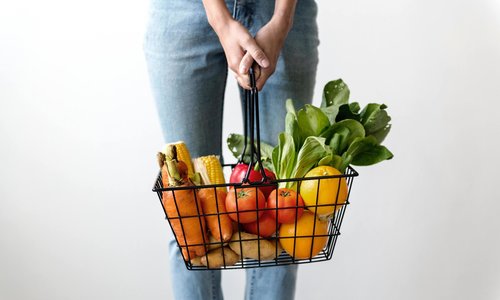While the term vegan used to connote bland and tasteless in some circles, that’s no longer the case. In fact, vegan products are now big business, as more consumers embrace the health, moral, and environmental benefits of reducing or eliminating meat and animal products from their diet and consider the supply chain of the products they buy and consume. Sales of vegan products are expected to grow worldwide between 2015 and 2020, according to Statista.
As Earth Day approaches, here are some ways to localize your coverage of the vegan economy.
Vegan meets plant-based
Vegan food has a certain reputation attached to it, so some dietitians and others have started using the terms plant-based or plant-forward diet instead. Depending on the context, plant-based may not mean completely vegan but the diet does emphasize fruits, vegetables, nuts, seeds, oils, and whole grains.
Vegan food becomes more mainstream
Many restaurants that cater to meat-eaters now offer the Impossible Burger, a plant-based burger designed to look and taste like meat. Other offer vegan seafood dishes such as coconut prepared like calamari or pea protein that mimics tuna. Are local restaurants, sports arenas, catering companies, or movie theatres serving more vegan options? How do the profit margins on these items compare to other menu options? What’s driving demand?
Unexpected vegan businesses
Even businesses that don’t sell food are promoting vegan products or services, so it might be worth exploring some of these establishments in your area. Vegan leather products that aren’t made from animal hides, vegan tattoo parlors that don’t use materials containing animal byproducts, or vegan beauty products that don’t contain animal ingredients or animal-derived products such as honey or gelatin are just a few examples. Note that cruelty-free is a related designation meaning the product isn’t tested on animals and that vegan doesn’t always mean cruelty-free. Some bloggers now specialize in reviewing cruelty-free and/or vegan beauty products. These non-food vegan products don’t necessarily fit the term plant-based as they may be derived from synthetic materials rather than plants.
Reporter’s Takeaway on the Vegan Industry
To find businesses that cater to a vegan or plant-based lifestyle, consider searching your local Yelp or Nextdoor listings. You may also be able to find groups of local vegans via Meetup.com. Depending on the angle you’re taking, you might also speak with a local nutritionist or dietitian about the health implications of a vegan or plant-based diet.











